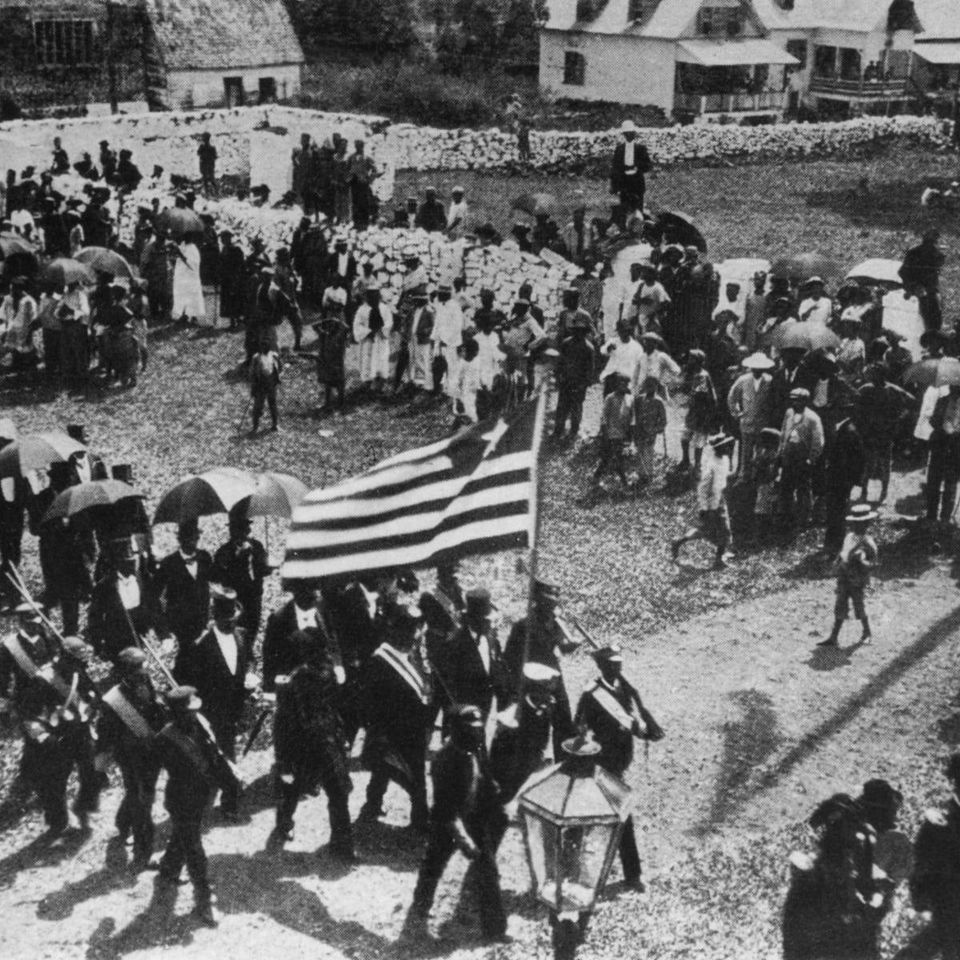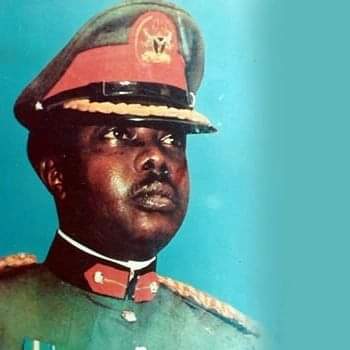On this day 1847:
The Republic of Liberia, formerly a colony of the American Colonization Society, declared its independence making it the first post-colonial state in Africa.
As the campaign for the abolition of slavery gained momentum the American Colonization founded in 1816 chose the Grain Coast – so-called because of melegueta pepper grains in the area – as a place to re-settle free-born Black Americans and formerly enslaved people.
Reaching an agreement with African chiefs the Grain Coast became an American colony in 1821 the first free slave arrived there. About 20,00 African Americans migrated in the following decades. By this time, the U.S and Britain had outlawed slave trade.
So liberated people from captured slave ships were settled in Liberia by the American navy. The colony grew and as abolitionists continued attacking the system the U.S came under pressure from Britain to hands off the colony.
America reluctantly accepted and on July 26, 1847, a young African American man from Virginia named Joseph Jenkins Roberts declared the colony of Liberia in West Africa an independent republic.
Roberts who had moved there in 1829 at the age of twenty from Petersburg, Virginia became the first elected president of the new country the next year. Ironically the U.S didn’t officially accord Liberia diplomatic recognition as a Sovereign state until 1862.












